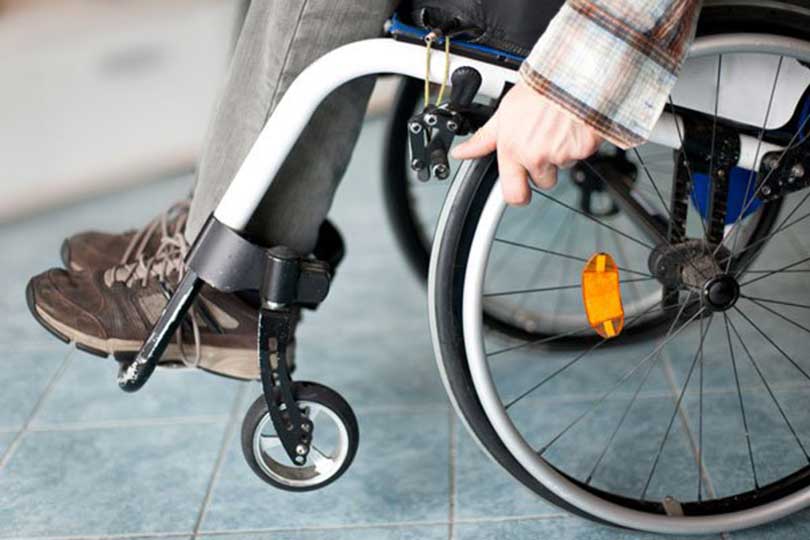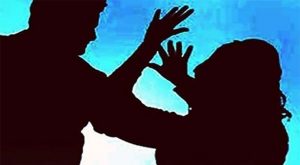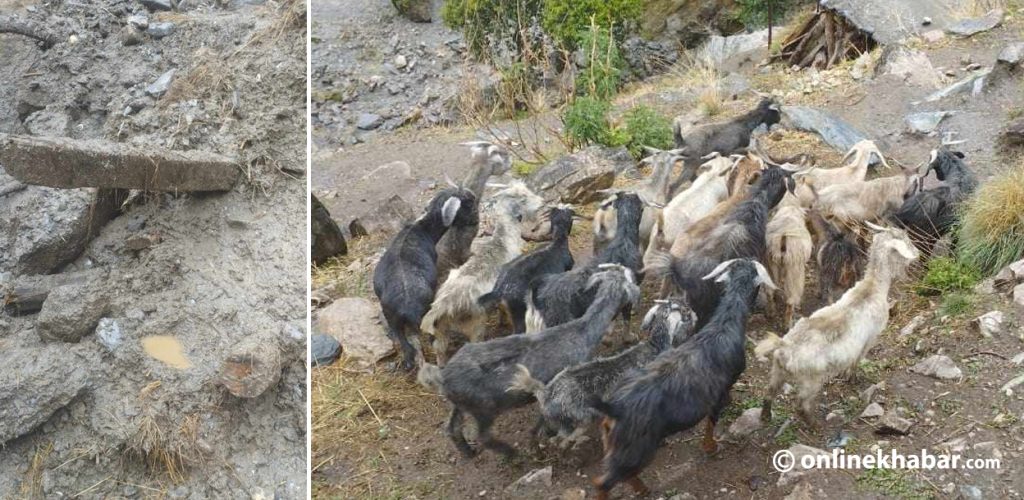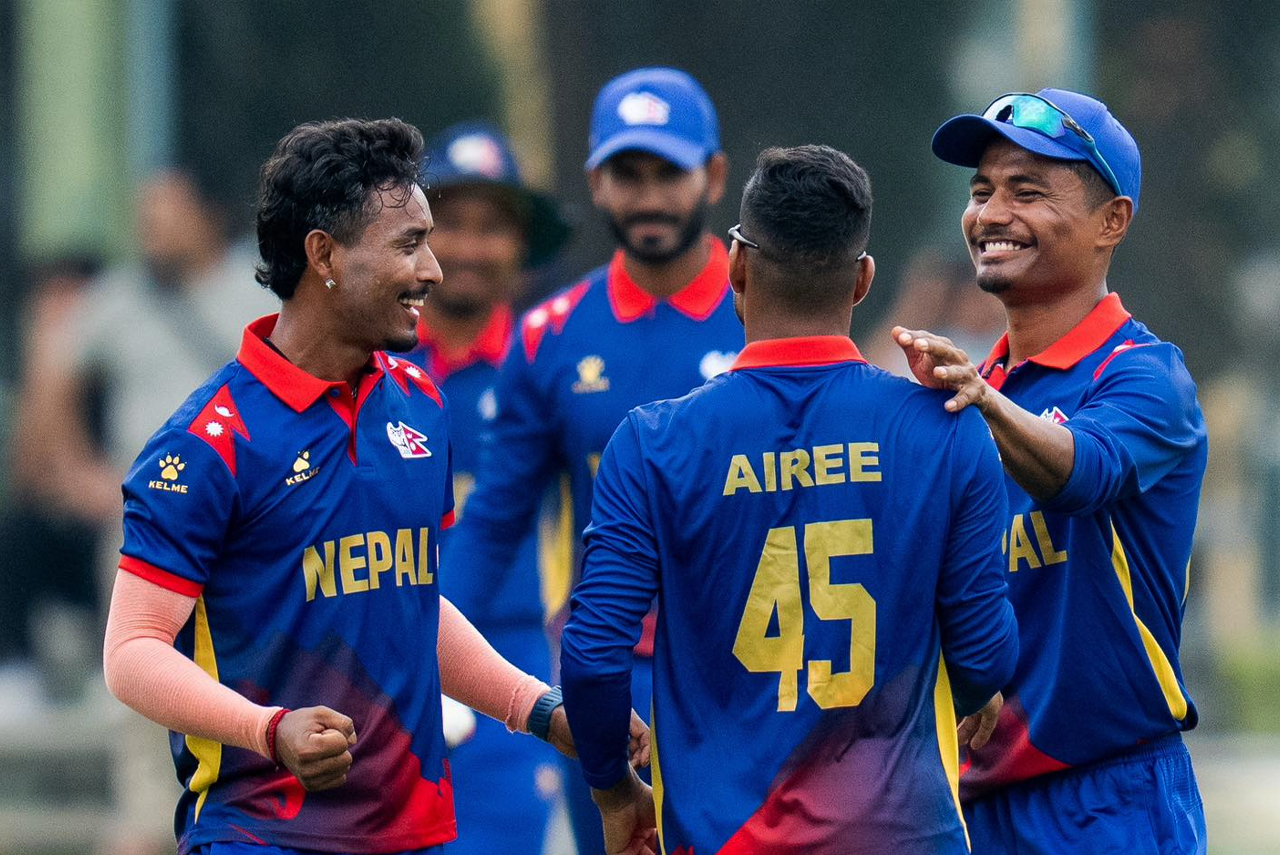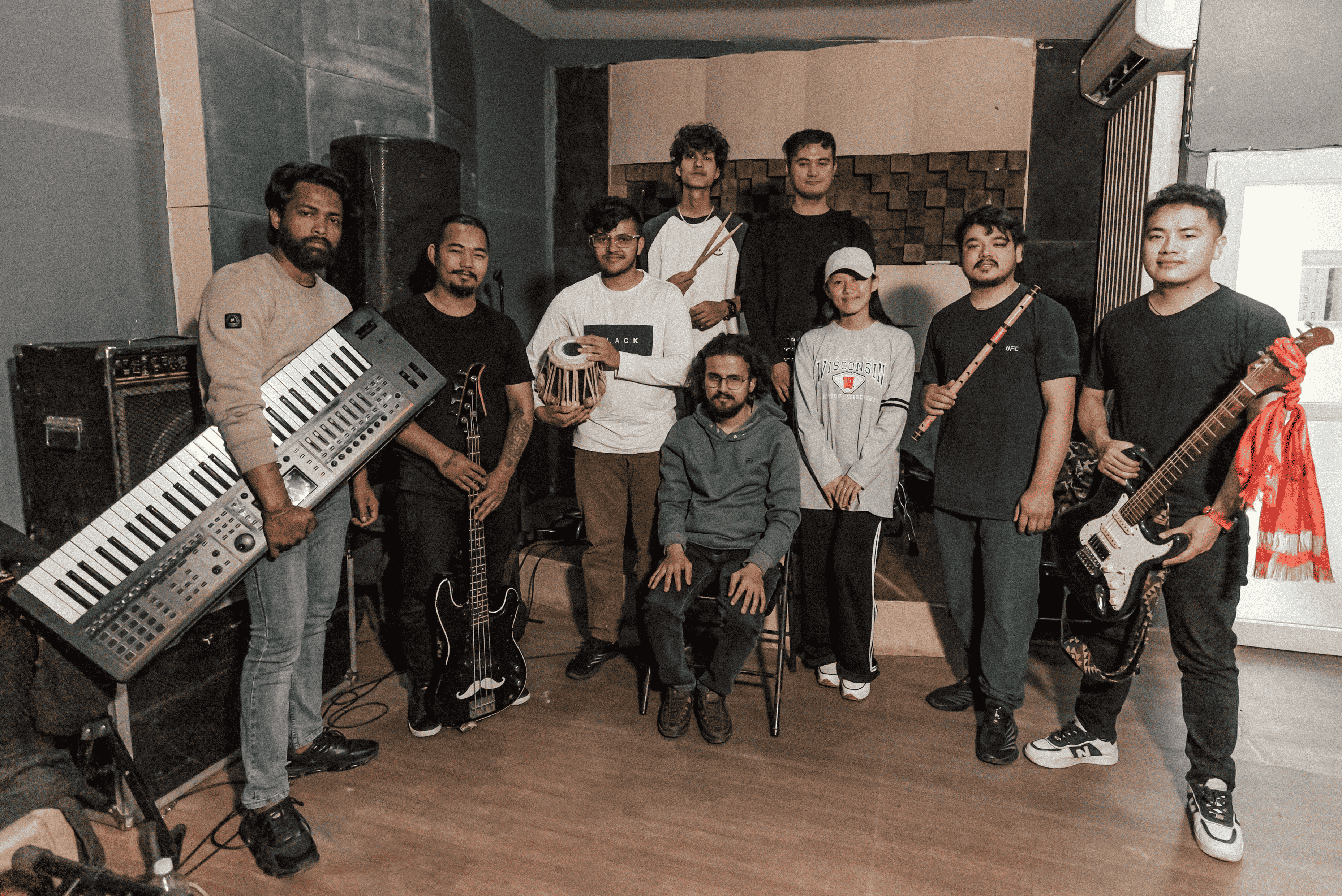When gender discrimination and disabilities insect, the intensity of the violence on the groups discriminated against and its risk goes up. Apparently, women with disabilities are doubly marginalised and doubly discriminated against. Stakeholders say they need extra attention among both women and disabled groups as they have additional concerns.
December 3 is perhaps the best day to talk about the violence faced by women with disabilities as the day is celebrated as the International Day of Persons with Disabilities while it is also within the 16 Days of Activism against Gender-Based Violence. Therefore, Onlinekhabar recently talked with Tika Dahal, the founder and current president of the Nepal Disabled Women Association (NDWA) to discuss concerns of women with disabilities in terms of discrimination and violence they are facing.
Excerpts:
You have been saying women with disabilities are at additional risk of violence. Why is it so?
Yes, we are more vulnerable to violence than other women. Firstly, there are attitudinal barriers; women with disabilities are not considered as beautiful and attractive as other women.
The discrimination and violence begin from the home itself. There is discrimination in the way a child, especially a girl, with a disability is raised by the family. Neither her expression and feeling are understood by her family, nor she is made a part of any special occasion, function or decision making within her family.
For people with intellectual disabilities, even the infrastructures of the home including toilets are not friendly, mainly due to poverty and geographical difficulties. They need at least one support person always around them, for helping them in their every daily activity from bathing to eating.
But, there are issues of people with disabilities in general. What additional violence do you have to face for being a woman and disabled at the same time?
As women with disabilities are also economically dependent, the level of discrimination goes on increasing, leading to the greater risk of violence. They know nothing about good touch and bad touch; even if they know, there come communication barriers, and also they can’t retaliate. This is why, many such women with disabilities have been victims of sexual violence including rape even by their fathers, relatives, and near ones.
They are even sexually exploited in the name of support at rehabilitation centres and hostels and during residential events. There have been cases when they have been repeatedly raped and only known to have become raped only after they became pregnant.
There are also challenges of mobility, adding to the additional risk of violence. Due to mobility restrictions, they usually need to stay or are kept at a certain place, which makes it easier for the possible perpetrators to keep an eye on and plan the crime.

After reaching a certain age, sex desires come naturally to every being, and women with disabilities are no exception. However, they are deprived of sexual and reproductive rights. Some can’t express; even when some express, they are considered unnatural and they are mostly sexually abused when they express so.
We have seen many cases when their partners have abandoned after they are pregnant or they give birth.
When gender-based violence and disabilities insect, do the forms of violence change?
Most forms of violence–physical, psychosocial, attitudinal, societal, attitudinal–are the same. However, women with disabilities have to bear multiple impacts of the violence due to mobility restrictions, lack of awareness and consciousness and many other barriers.
Have you faced any such incidents?
There are hundreds of such incidents when I have faced discrimination and violence. In the name of support, many tend to sexually harass, especially in the workplace.
Besides, there are people who doubt intelligence, talent and work. They treat us as if we couldn’t do any significant work.
How accessible is the process for reporting violence for people like you?
It’s very difficult in general. For those who are in a network of social organisations like ours, and activism campaigns, the process is a bit easy due to awareness and empowerment. But, for the rest, it is not so.
Therefore, there has been some reporting of violence against women with disabilities and they are also granted justice. But, unfortunately, such cases are very nominal.
The women with disabilities can’t go to file the complaints as the infrastructure of authorities is not disabled-friendly, nor can they express they are abused ( due to language barriers). There are also very few who speak about violence against women with disabilities.
Nor is there a support person such as an interpreter in the concerned authorities. Hence, even if they reach the authorities, the language used is also very humiliating and dominating. Side by side, our legal aspects are also very discriminatory; all the laws regarding violence against women are not very inclusive in reality.
Only those who can speak for themselves are heard. For example, women with intellectual disabilities can neither express their views nor is there any system to listen to them. They are just ignored by authorities.
What works have been carried out by the government and other sectors to eliminate the violence against women with disabilities?
There are laws, but they are not specific about their provisions. There are helpline numbers, but how could a woman with a hearing disability report? Some voices are raised from the National Women Commission; however, the building of the commission is itself not disabled-friendly, nor is there any interpreter. The government has not even realised its need and paid attention to providing such services to us.

The Act Relating to Rights of Persons with Disabilities, 2017 has guaranteed the right to protection. However, where is its implementation? Where is the system to complain? In the legal committees of all local governments, there is no system of keeping records of cases related to violence against women with disabilities. Nor is there any support person or interpreter. They know nothing about how they should provide services to deal with abused women with disabilities. This also blocks their way to justice.
The Ministry of Women has been supporting us since 2005 for the rehabilitation of violence-affected women and children, from which we have been running rehabilitation centres. However, that is not at all enough.
Our association has been working for catering awareness, rehabilitation, providing vocational training, managing shelter and others. However, we have been limited to the Kathmandu valley only.
What things can the government and other stakeholders do to minimise the violence?
First of all, the law should be inclusive and also specific. The government should bring disabled-friendly policies; the infrastructures of authorities should be made disabled-friendly; there should be the facilities of interpreters or assistants and others.
Besides, the government should pay attention to bringing programmes to make women with disabilities economically independent. Studies on the status and risk of violence towards women with disabilities should be carried out and policies should be made based on that.
Legal support and justice should be granted on a fast track. Awareness should be catered to in many languages.



